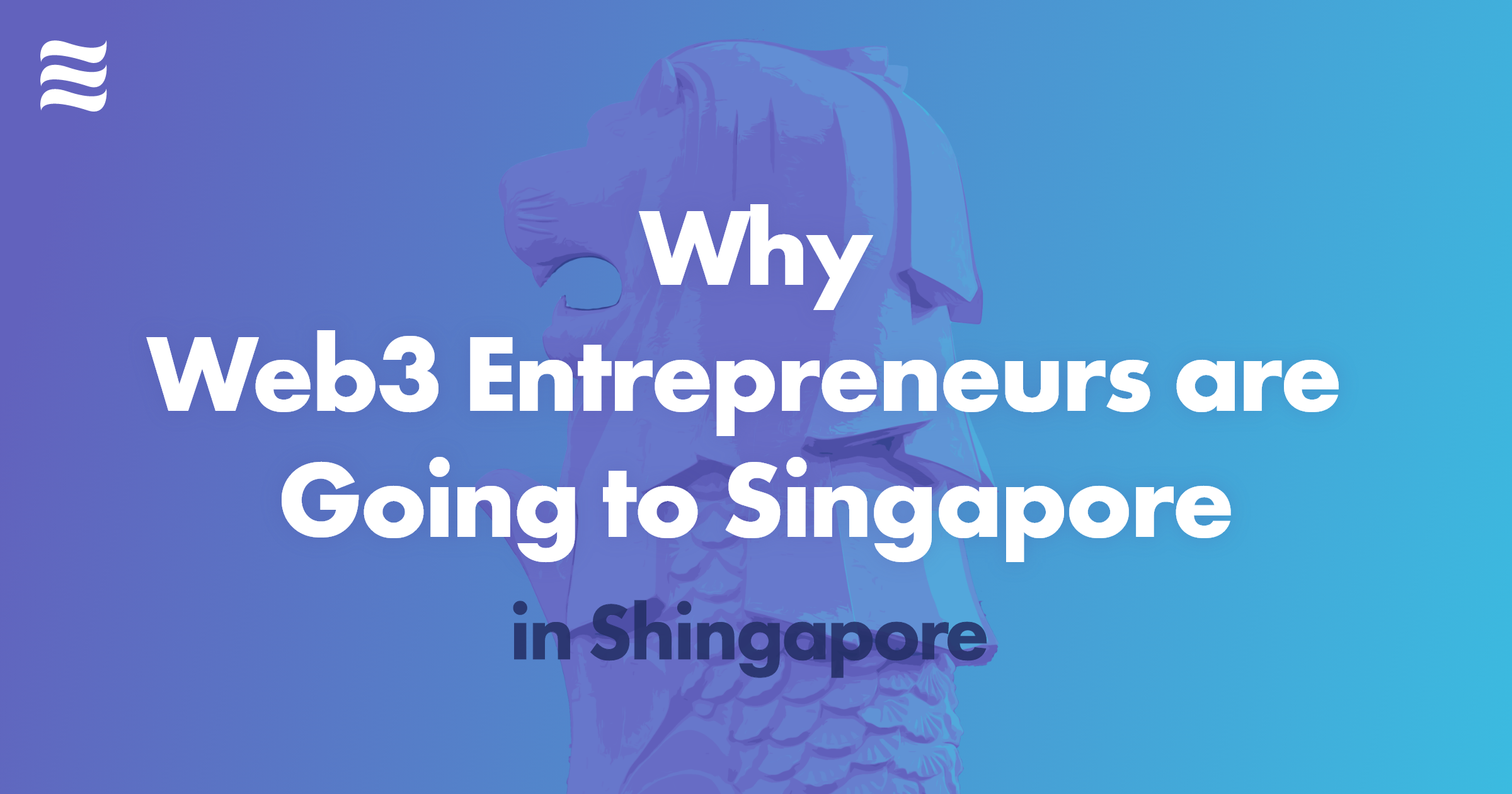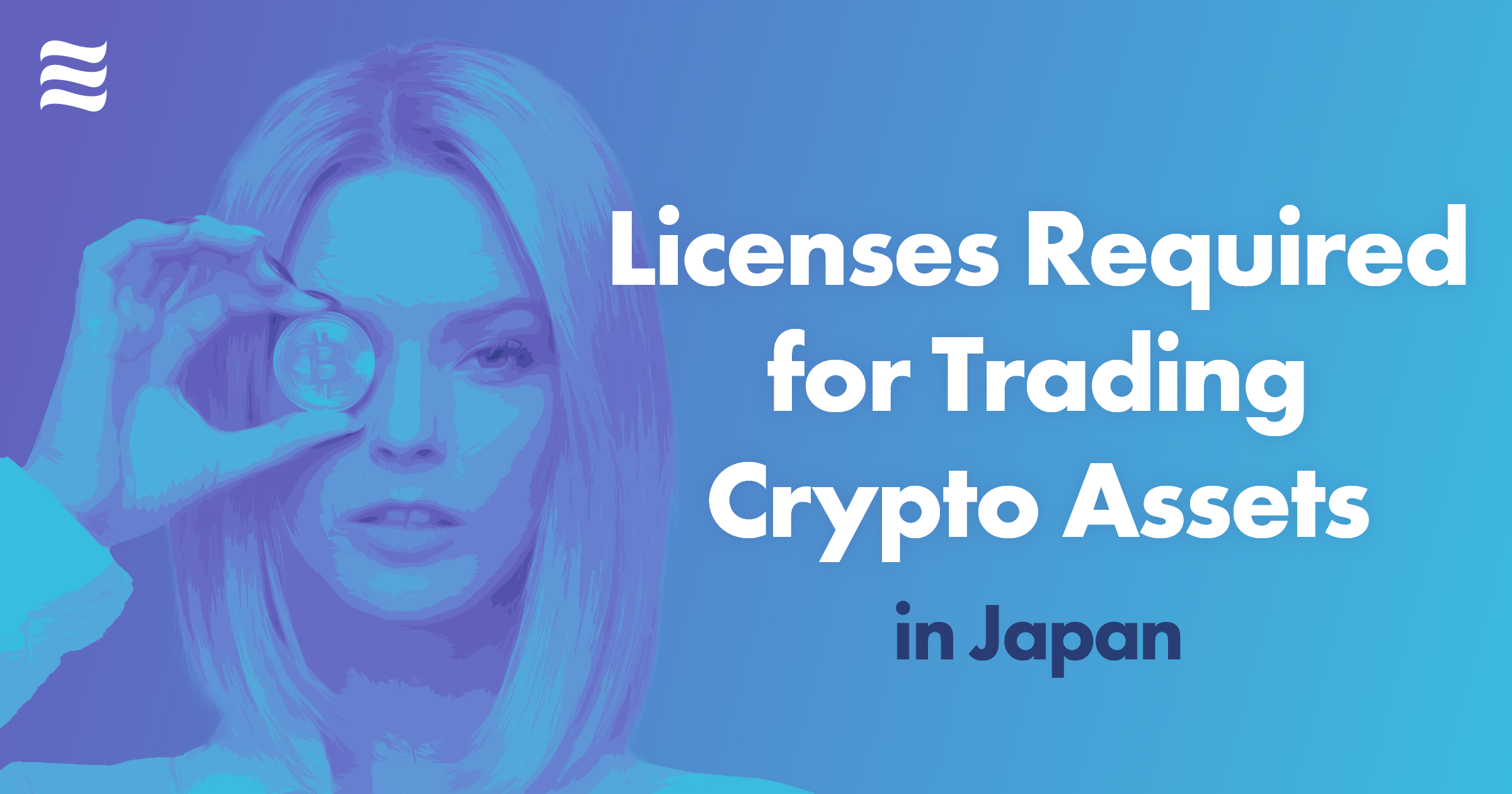Why Web3 Entrepreneurs are Going to Singapore
Multiple candidates may emerge when discussing the ideal location for the Web3 industry. These include the North American and European markets, which began early and have a solid financial and technical foundation, and which currently have the largest Web3 Blockchain market size. Furthermore, emerging markets such as Asia-Pacific, the Middle East, and Latin America must not be overlooked. Asia-Pacific is expected to be the fastest growing region among them.
Singapore, as the Asia-Pacific region’s hinterland, has always played an important role as an intersection in various fields such as trade and finance. Singapore also leads the way in Web3, providing favorable conditions for entrepreneurs. The Monetary Authority of Singapore (MAS) issued the Payment Services Act (PSA) in 2019, which addressed the content of cryptocurrency. Following that, Singapore became a crypto hub as a result of the government’s development policy. Not only did local South East Asian entrepreneurs and investors enter the Web3 field, but a large amount of overseas capital also flowed to Singapore.
The following three points summarize why Singapore has become a mecca for Web3 entrepreneurs and investors: an incentive-oriented policy making principle, an inspiring and dynamic environment, and unique geographical and cultural prerequisites.
Sound System for Web3 Industry
First of all, Singapore’s tax system is favorable to cryptocurrency transactions. Unrealized gains on crypto assets held at the end of the fiscal year, for example, will be taxed as miscellaneous income in countries such as Japan. On the contrary, unrealized gains on crypto assets owned by individuals or entities are not taxed in Singapore. Furthermore, Singapore’s income tax rate is advantageous in developed countries.
Furthermore, Singapore has a fairly complete legal and regulatory framework for cryptocurrency transactions. Unless the act of buying and selling tokens is deemed to be equivalent to securities trading, transactions between ordinary cryptocurrencies for each other and for fiat currencies do not require a license in Singapore.In that case, the cryptocurrency exchange license in Singapore, as well as its continued use, obligates the crypto company to follow several mandatory legislative compliance requirements, such as:
it must follow transparent and legal trading laws;
it must establish a system for mitigating cryptocurrency exchange risks;
it must ensure it has sufficient financial, technological, and human resources to carry out its activities;
it must safeguard the platform’s financial assets and the privacy of consumer data;
it must ensure the recording of each transaction;
it must establish a board of directors and committees for payments, audits, and resolutions.
Additionally, cryptocurrency trading businesses must adhere to Anti-Money Laundering Laws and implement Know-Your-Client (KYC) policies. While other countries may have similar regulatory requirements, Singapore is one of the first to formalize cryptocurrency transaction regulations. This is dependent not only on the speculative nature of cryptocurrency, but also on Singapore’s determination to strengthen market regulation from the start and create a favorable investment environment for investors.
According to the KPMG report, Singapore was named the most technology innovative hub in 2021. Singapore’s VC ecosystem has gotten a lot of attention because of its domestic and international STEM expertise, solid digital infrastructure regulation, and risk capital amassed both within and outside the city.
Promising Environment for Web3
Singapore, as Asia’s and the world’s financial center, has always maintained a friendly and open attitude. This attitude has also permeated the Web3 industry. As previously stated, Singapore’s series of positive Web3 initiatives is a catalyst for attracting entrepreneurs and investors to grow here. The ideology that Singapore’s policymakers intend to promote digital assets and establish Singapore as a “crypto hub” is at the root of this phenomenon.
Due to political factors, other Asian financial centers, such as Shanghai and Hong Kong, are uncertain about their future direction. While South Korea has previously banned ICOs, tokens cannot be issued, and regulations have become more stringent and fluctuating.
Singapore, on the other hand, has always adhered to the principle of openness as a strategic location for trade and finance. As a result, based on the government’s attitude and mindset toward financial development, even though Singapore has recently strengthened cryptocurrency supervision, the future evolution of digital assets in Singapore remains reassuring.
Advantages in Location and Culture
As previously stated, Singapore takes on the important task of connecting ASEAN countries and regions as Asia’s hinterland. As a result, as a port city, Singapore has served as a trade and transportation transit hub. Singapore’s focus is shifting to online services such as finance and technological innovation as products become more electronic and intangible, but its role as a bridge remains unchanged.
Moreover, Singapore is a multi-ethnic country rich in diversity. The use of English as the official language attracts talents from all over the world.


